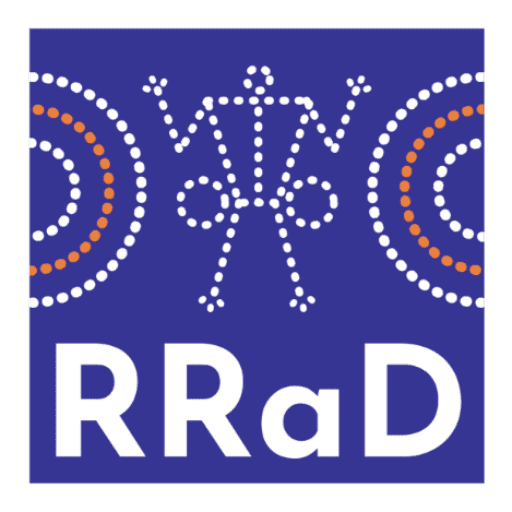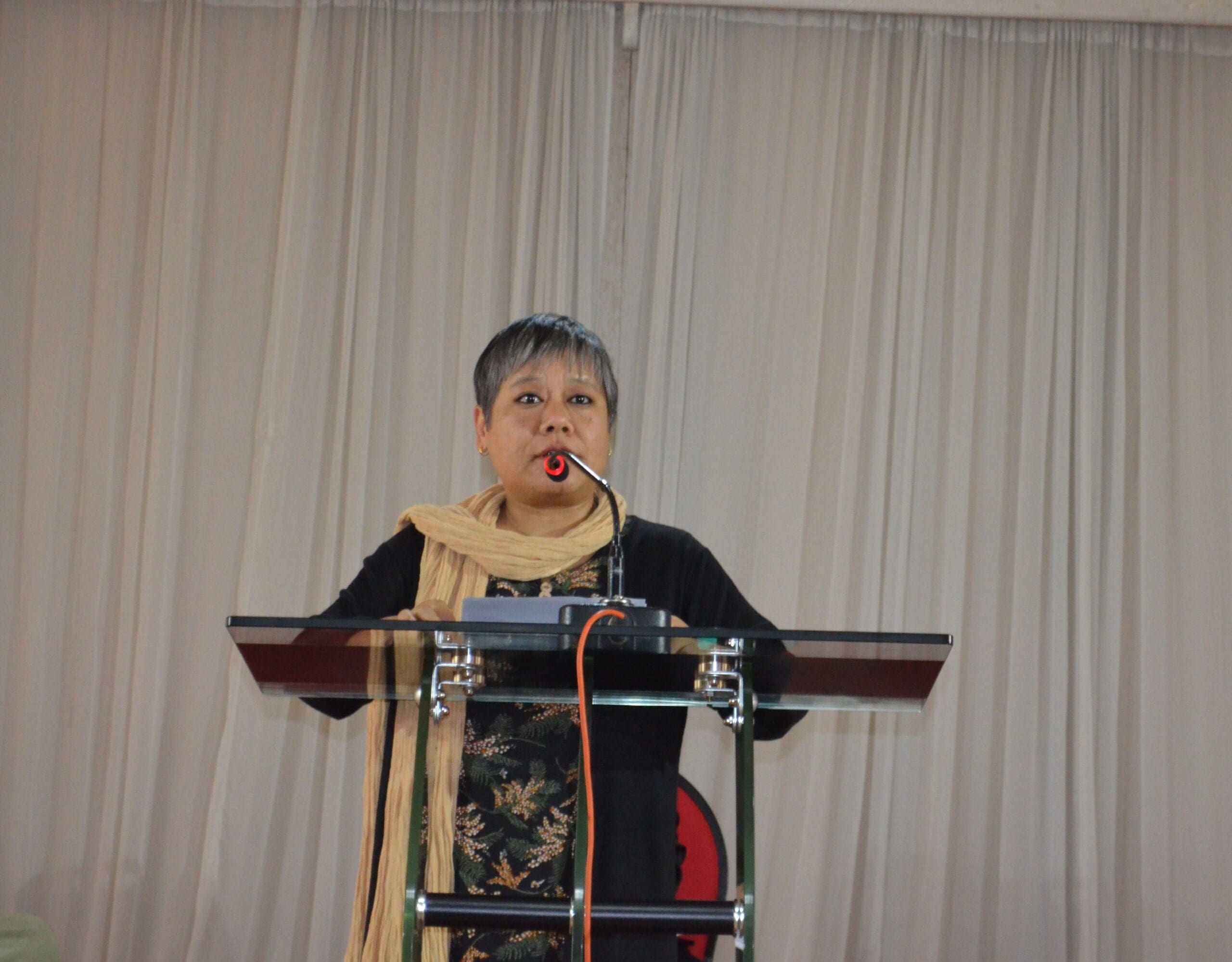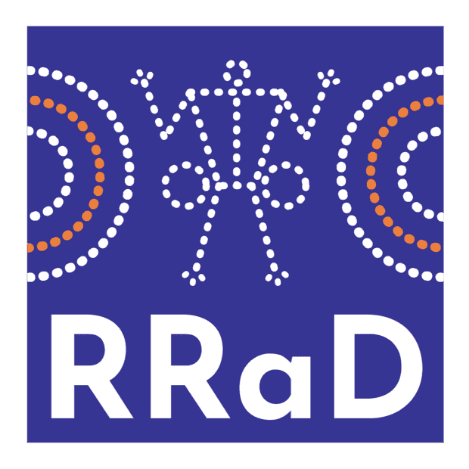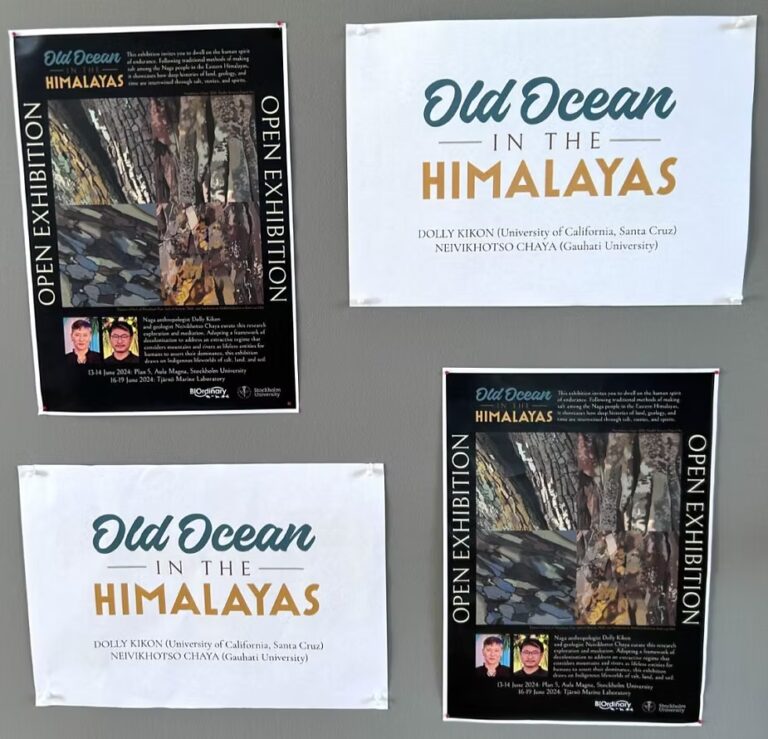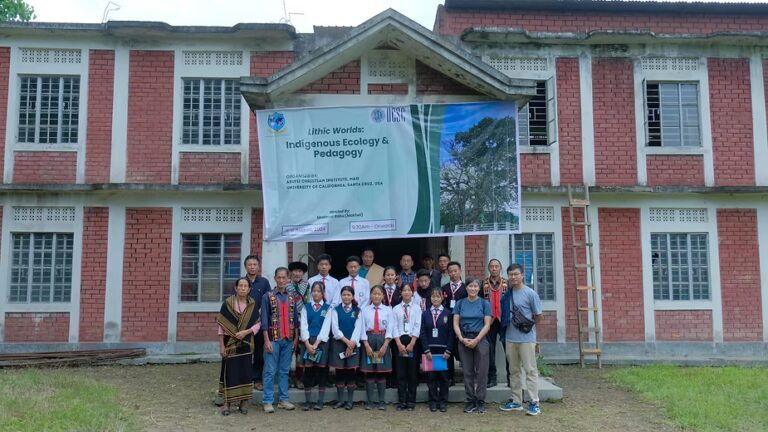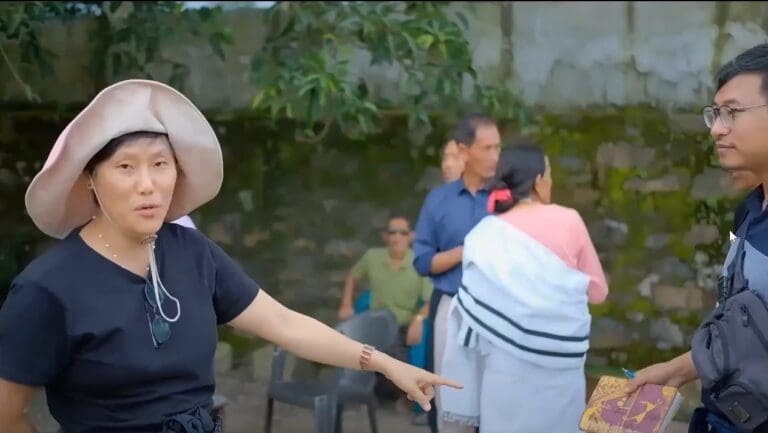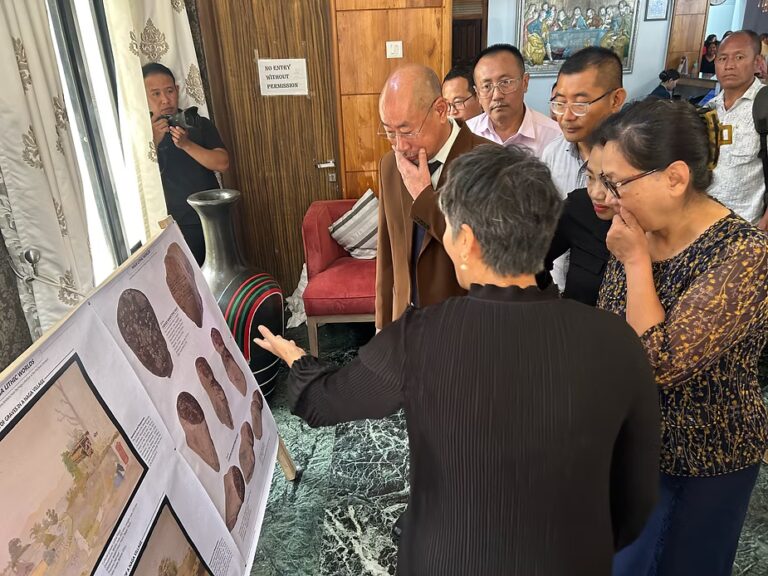“I believe that we are in a moment of historical significance. Here is history in the making. A golden opportunity has been handed to us to take control of our own narrative, to write our own story and create the kind of history we want to leave behind as our legacy. Can we unite as a people and rise up to the occasion?”
These are thoughts put across by Dr Vizovono Elizabeth, Independent Researcher & Editor in response to the lecture on ‘Journey from the Heart: Naga Repatriation & Healing of the Land’ by Dolly Kikon at the De Oriental, Kohima on Friday.
Expressing belief that the Naga people have to begin by recognising and accepting that theirs is a history of colonization and imperialism, she remarked that “we continue to live in a state of neo-colonialism” which is why it is so important for Naga voices to be heard.
In relation to the repatriation of human remains, she expressed, hat “we have learned that there are differing opinions on this. And we must take all into account.” However, acknowledging that it is a humongous task that entails so many aspects, she felt that “perhaps if individuals and communities were to each have it their way, it would make things more complicated. Therefore, a possible way forward is to have a common place where all the Naga ancestral human remains are laid to rest in a way that is acceptable and honourable to all.”
In this regard, she said the physical site can be built as a memorial to the ancestors, which could be a place where anyone can come and pay homage and at the same time, can become a site of historical significance. Further, she said, “it would serve to be a tangible heritage site that reminds us of our history, lest we forget.” “Our history will not be forgotten as long as such a memorial exists”, she added.
While there is the Commonwealth War Cemetery right in the heart of Kohima town, she explained that “it is a memorial to those who died for their countries during the WW2. But we do not have any common Naga memorial where our ancestors, who died while history was being made, are honoured and tribute is paid to them.”
“Can we not turn this opportunity into something meaningful and beautiful for ourselves and for posterity? Will this not be a restorative and healing act? What we do or do not do today will be our history tomorrow. Is this not a God given opportunity for us to come together and build something that honours our ancestors, and at the same time reminds us of our history and heritage; something that will enable us to keep our story alive”, she posed.
Meanwhile, in relation to the other cultural objects and artifacts in the Pitt Rivers Museum, she proposed building a state of the art museum-cum-cultural research centre where all these precious objects and artifacts can be housed and continue to be displayed in the Naga peoples’ ancestral homeland. “We cannot bring them back to let them disintegrate and waste away because of the lack of infrastructure,” she said.
Such a facility, she stated, “can provide opportunity for students and researchers from all over the world to study about Naga cultural heritage, on our terms and with the local people in charge.” She further stated that it could immediately become a centre of international excellence with the added potential to also be a tourist attraction.
Observing that Nagaland and the entire North east region of India are like a goldmine for scholars of cultural Anthropology and Sociology, she however felt that “we have been so consumed by the narrative of violence and politics” and that this was a golden opportunity to change that narrative and engage in more meaningful and productive pursuits.
Also referring to the establishment of a cultural institution in the Assam Accord 1985 and the ‘Uluru Statement from the Heart, 2017’ that illustrates the power of communities coming together where governments alone have failed, she posed, “Can our Naga people also unite in a community driven initiative to bring about such historical changes?”
Today, she noted that “we are demanding a flag and constitution, but would it not be a travesty to someday possess the same with no tangible cultural heritage left in our ancestral land to carry forward our Naga story?”
Highlighting that the value of indigenous Naga tradition has always been about talking things out, she also posed, “one day when our time is past and we become ancestors to those who come after us, would we not want to be remembered fondly and honoured by them? What kind of history and legacy are we going to leave behind? What kind of story do we want to pass on? Let us endeavour to not fail our people lest they should say, our ancestors should have done better during their lifetime.”
First published in The Morung Express | August 26 2022
Link: https://morungexpress.com/journey-from-the-heart-naga-repatriation-healing-of-the-land
